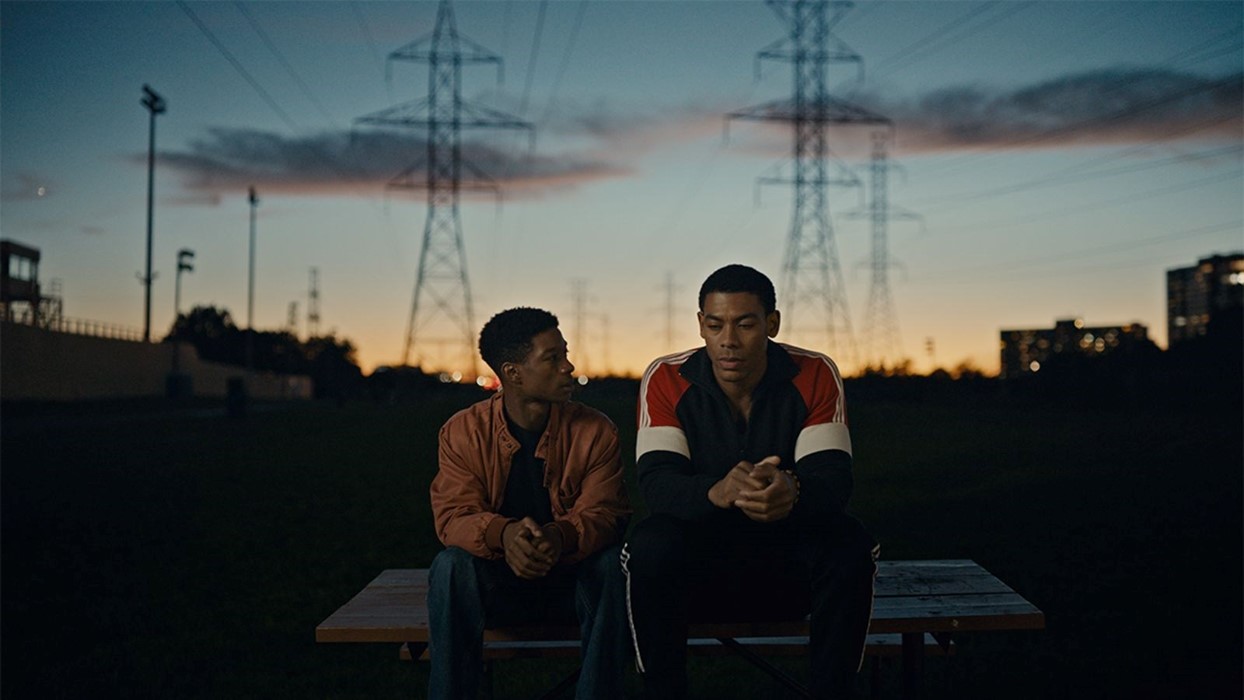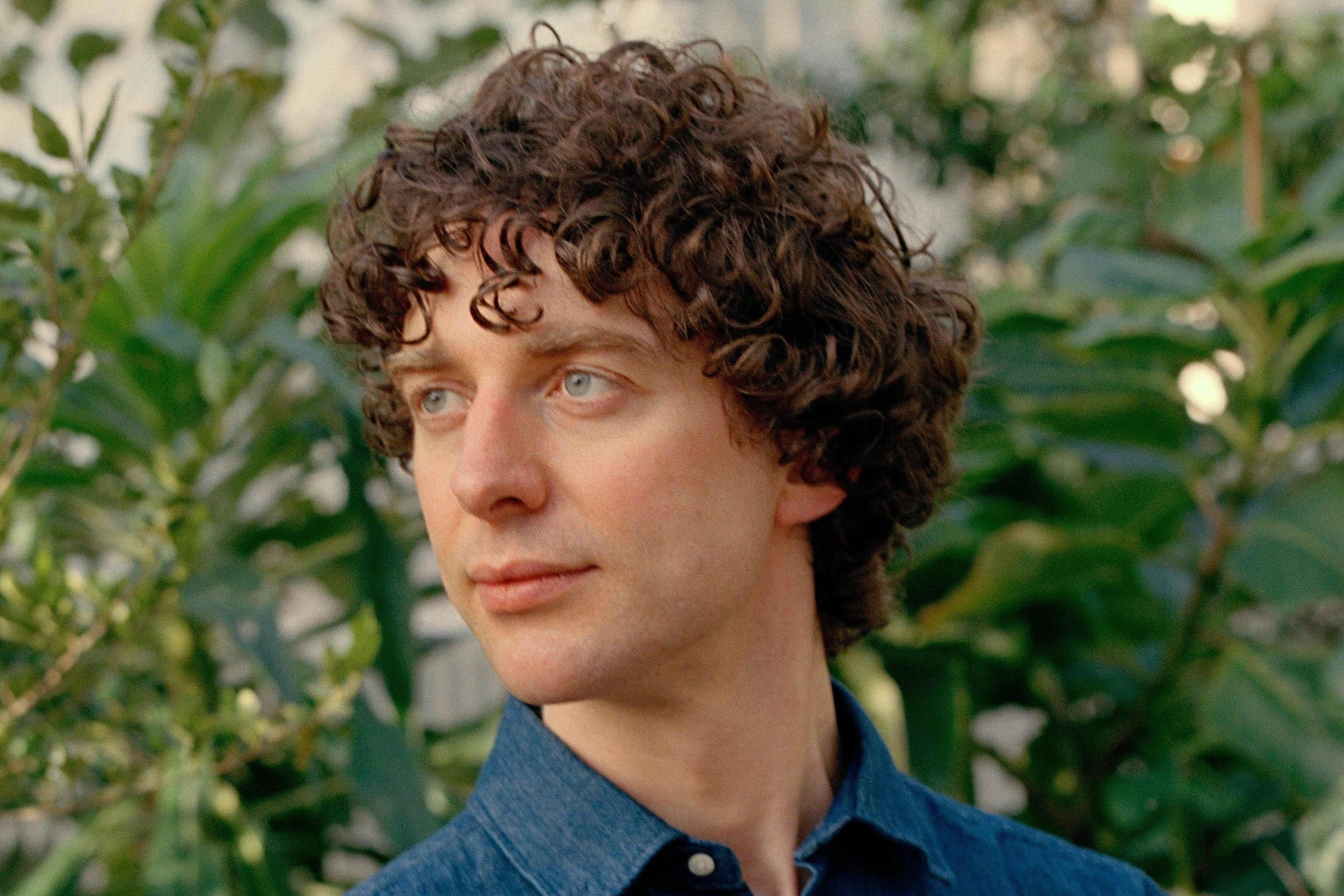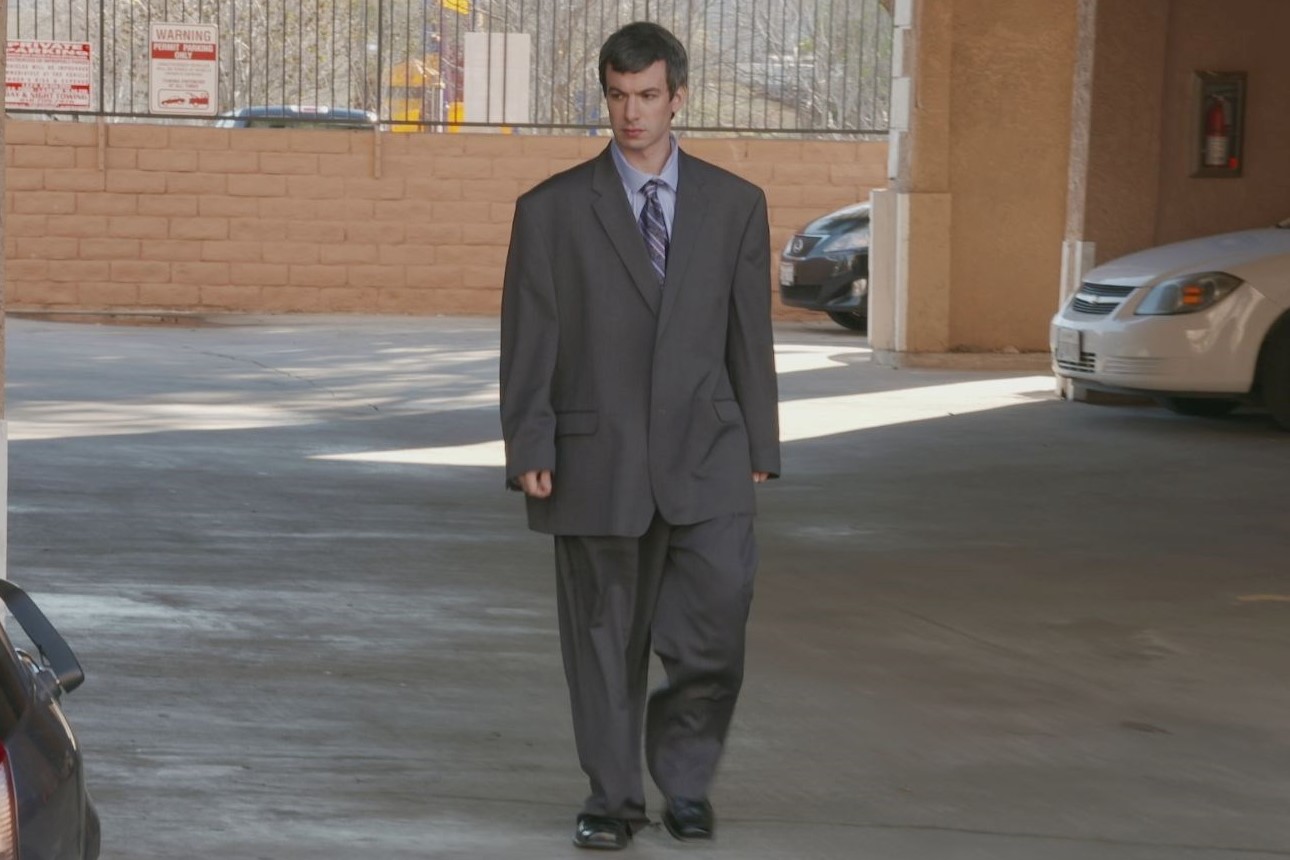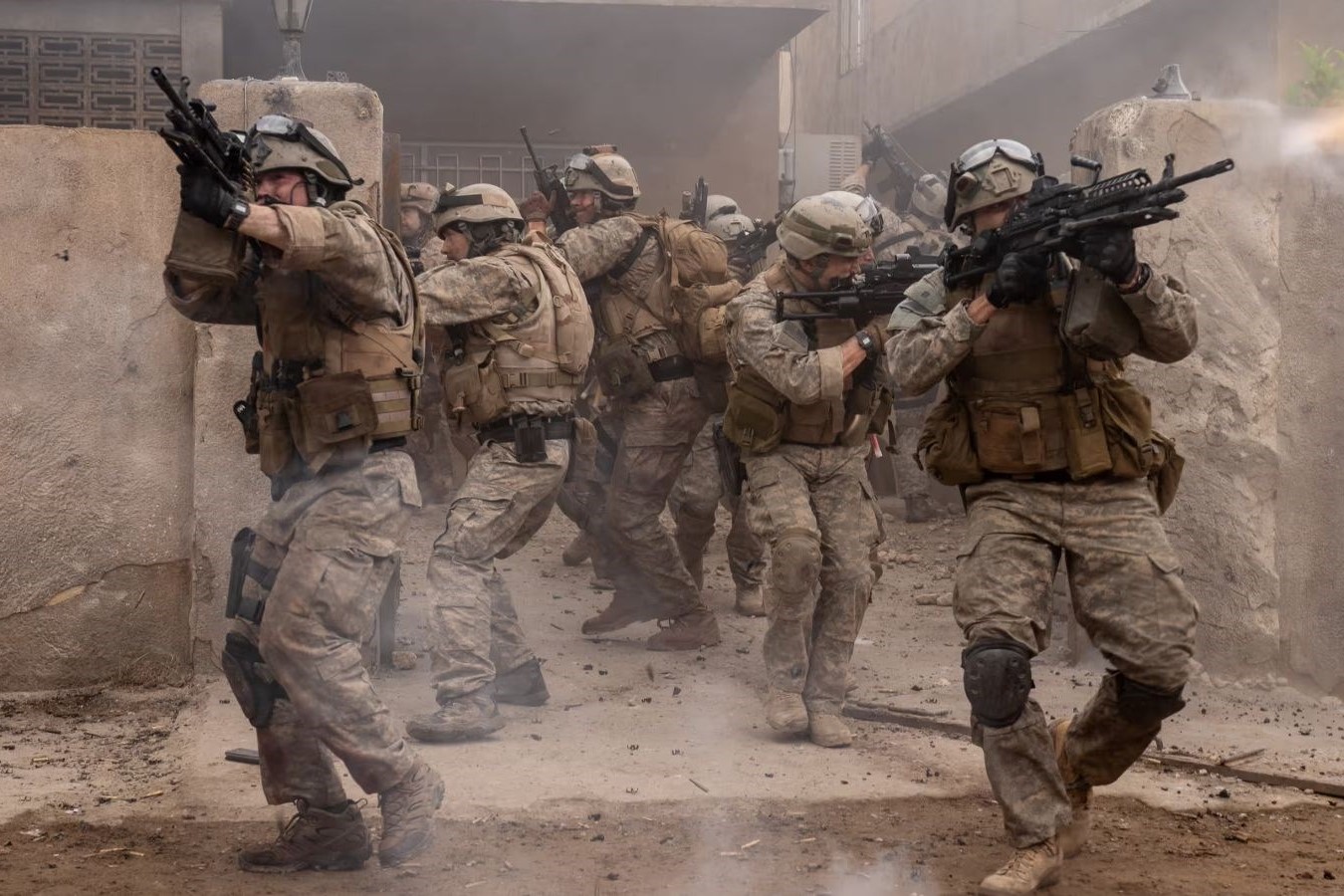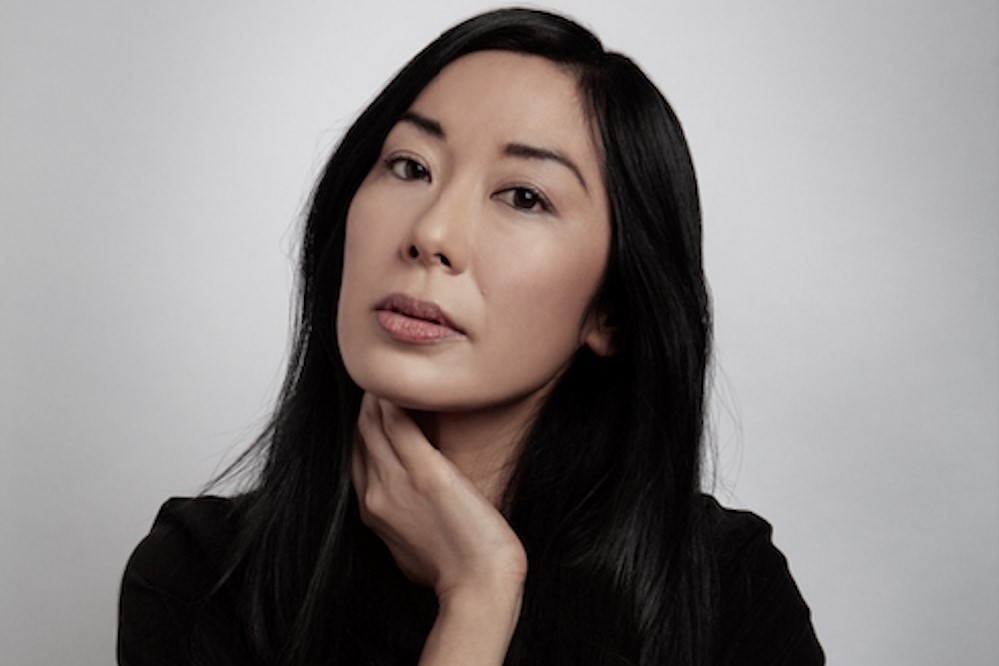Clement Virgo talks about Brother, his coming-of-age tale about grief and remembrance set in Scarborough, Canada
We cannot help what we remember, yet memory is our lifeblood, what gives our life and experience texture. This vision of memory – as vital as a pulse – drives director Clement Virgo’s tender film adaptation of David Chariandy’s award-winning novel Brother, rendered beautifully in widescreen by cinematographer Guy Godfree. As the title suggests, Brother centres on a relationship between two sons, Michael (played by a graceful Lamar Johnson) and his older brother Francis (played by Aaron Pierre of The Underground Railroad) as they come of age in Scarborough, Canada. Francis – physically intimidating and assured – is Michael’s guide as well as his protector. In the film’s tense opening scene, we observe this dynamic as Francis leads Michael up an electric tower. Before they begin, Francis instructs him: “When you climb, go careful. You watch me. Follow my every move. Think on every step before you take it.”
It’s a series of instructions that also encapsulates how Francis moves through life. Unlike Michael – who wears his heart on his sleeve, his face as open as a baby’s – Francis steels himself against the world, taking on the swagger the role of big brother has demanded of him. In scenes that feature the two as children, it’s heartbreaking to see how early Francis learns to hide his vulnerability; instead of expressing his emotions, Francis projects them onto Michael.
“When I finally had a chance to read the novel, I knew these young men and I knew this family,” says Virgo. “They felt very familiar to me.” Chariandy’s choice to tell the story through Michael’s highly subjective point of view compelled him, as did the “nuance of the family” and “sense of grief”. Virgo, who was born in Jamaica and immigrated to Canada as a youth, changed the family’s background from Trinidadian to Jamaican in order to infuse the film with as much specificity as possible. This change allowed him to “operate on pure instinct” when directing, and results in a film that feels sensitive and precise.
Brother opens in the year 1991, when Francis and Michael are in high school, and weaves through two other timelines: flashbacks of Francis and Michael as children and the fall of 2001, when Michael’s former girlfriend Aisha (Kiana Madeira) returns to their housing complex for a visit. Virgo moves through these timelines with fluidity, and much of the film’s sensitivity stems from the visual language he carefully builds. Scene by scene, Virgo paints a moving portrait of Michael and Francis’s relationship, suffusing the film with intimate details that feel like memories. “As I think about my own memory and my own childhood, they’re not linear,” Virgo elaborates. “A sound could trigger a memory of when I was a child or a smell could trigger that, or a sentence someone says. I wanted to create a sense of that same unfolding of memory and hopefully have the audience go along with that journey and not feel lost as the story progressed.”
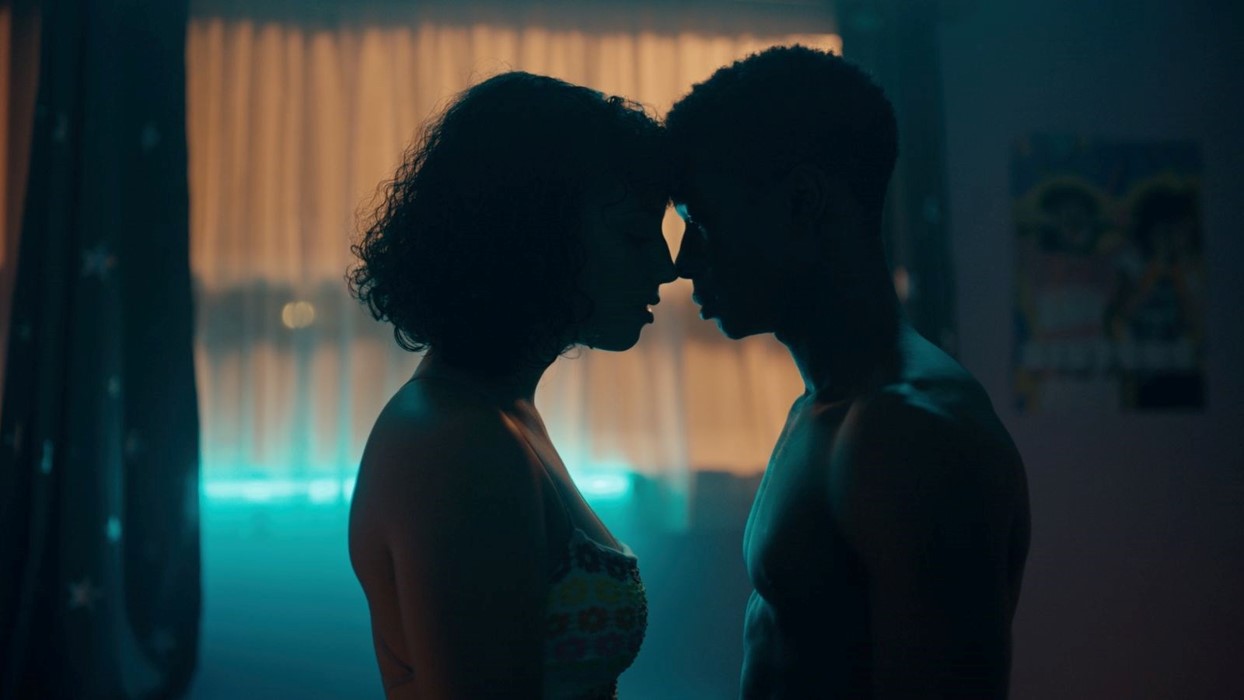
Virgo looked to films like The Sweet Hereafter (1997), directed by Atom Egoyan, and Francis Ford Coppola’s The Godfather II (1974) for inspiration on how to structure the film. “In terms of more contemporary filmmakers, I love how Christopher Nolan plays with structure and time in all of his films,” Virgo adds. “Then there [are] other filmmakers that might not be obvious, just in terms of feel and tone. I love Robert Bresson. There’s a tenderness in his movies I quite like.”
Michael and Francis constantly live under the threat of violence, from neighbourhood bullies and territorial gang members to the law enforcement that surveil their housing complex. Virgo shows how these forces constrict Michael and Francis’s sense of freedom without allowing them to become defined by them. “For me, it was about this family,” says Virgo. “I wanted to centre their experience and focus on that, as opposed to having their lives be defined by the larger structure or any kind of institution, whether it’s law enforcement, the educational institutions, or just the dominant culture around them.” In scenes where Michael and Francis interface with this dominant culture – in the form of a white school teacher, for example, or the white police officers who constantly harass Michael and Francis’s community – the camera obscures these white faces, focusing on Michael and Francis instead. It’s a subtle directorial choice that speaks volumes.
Marsha Stephanie Blake gives a gripping performance as Michael and Francis’s mother, cementing the family dynamic that is crucial to the film. Virgo has a relatively hands-off approach to directing. “I really hire actors to collaborate with them, so I never go in with a preconceived notion of what the scene should be. And I don’t want to be prescriptive in terms of what the scene ought to be. Part of what I do a lot is encourage the actors to show me the various colours of what they think the moment is, or what they think the scene is. If I see something that I respond to and I like, I really stay out of the way of the actors and not mess it up with my directing. But if there’s something that feels slightly off or I was looking for something [that] instinctually feels like it could go further, I then try to go in and give directions to my actor. But for the most part, I try to keep it simple, short and sweet.”
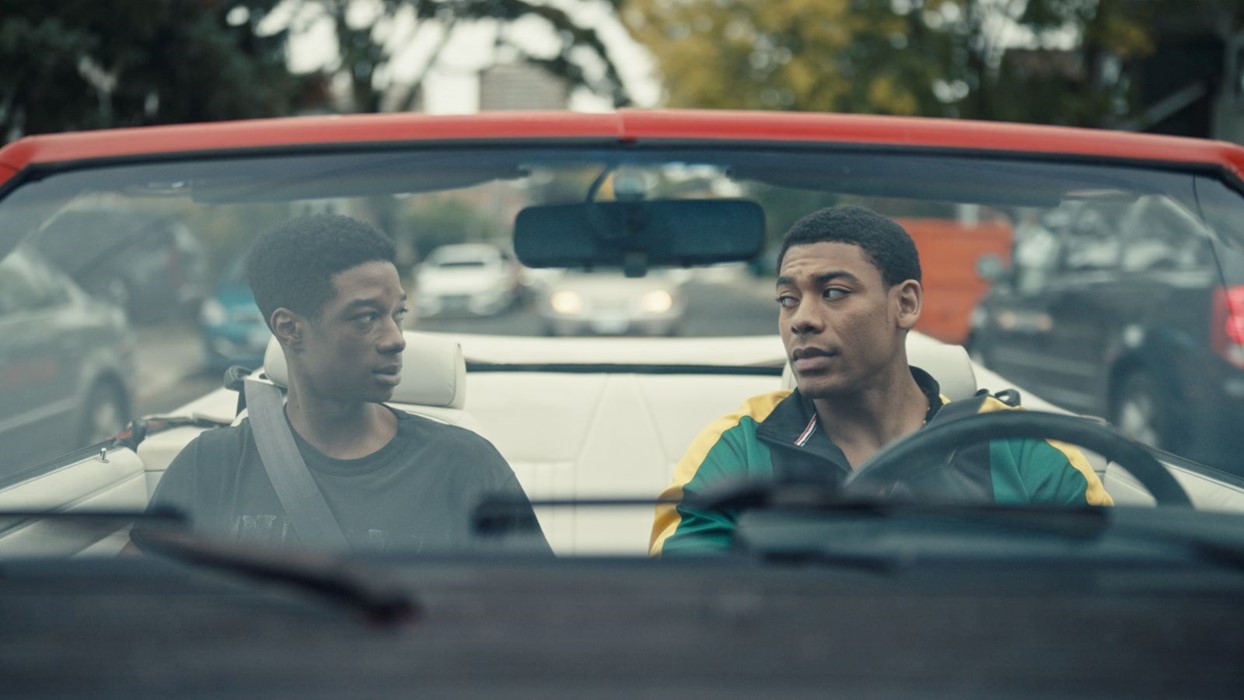
Brother is a story about grief and remembrance. When the loss alluded to finally occurs on screen, it feels inevitable but not any less heartbreaking. Yet the film refuses to be weighted down by that loss, and love emerges as a triumphant and infinite force. “I want audiences to be entertained by my films,” says Virgo. “I want them to be moved by the film, to see themselves in the film, to recognise their own emotions, even though this is a very specific experience. I’m always shocked when I see a film that captures something I felt myself in a very articulate way and direct way. I’m always taken aback. How did this artist know what I was feeling? So I’m hoping that the audience will get that from my film. And it’s a lot to ask, but [I want people] to see the world in a slightly different way.”
Brother is out in UK cinemas now.
